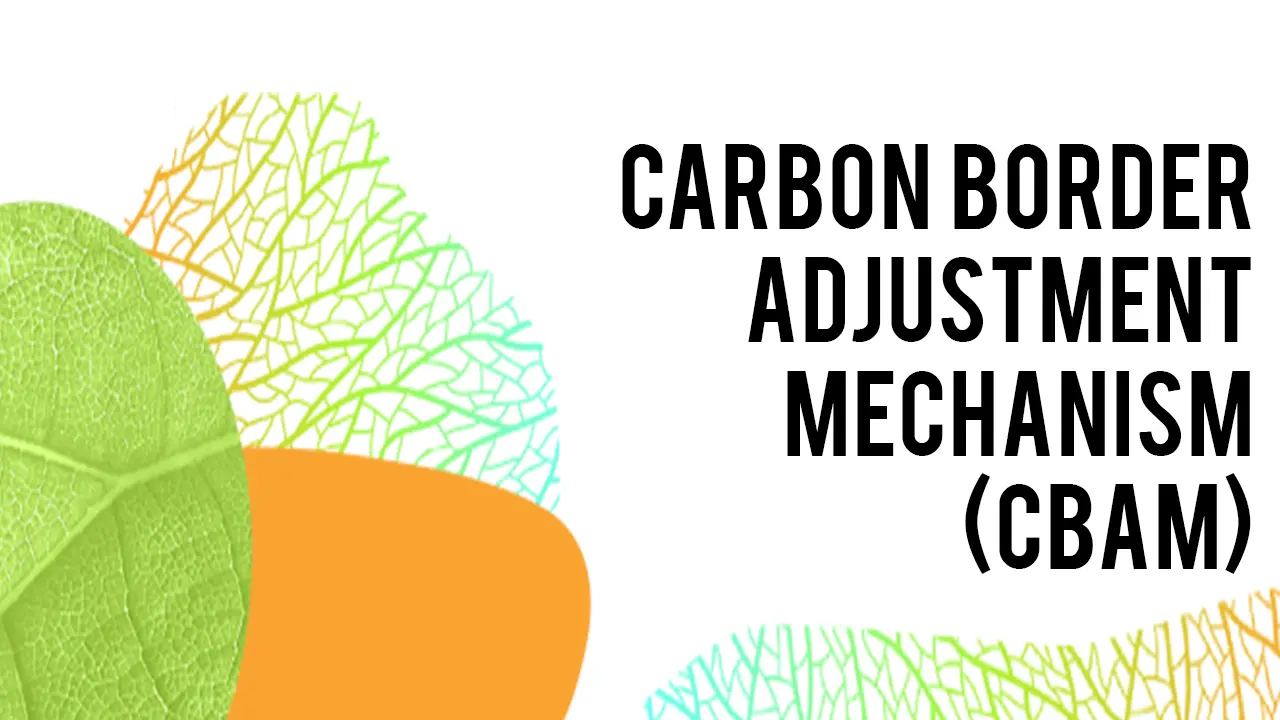EU Carbon Mechanism spurs steel import costs, shifts focus to alternative metals like aluminium
The EU's Carbon Border Adjustment Mechanism (CBAM) is poised to significantly increase the costs of steel imports from countries such as India and China. Set to be introduced next month, this carbon scheme is expected to shift its attention to other metals, including aluminium.

Starting in 2026, importers of steel products derived from iron ore will be obliged to cover the carbon emissions associated with their shipments. According to consultancy Wood Mackenzie, iron and steel account for nearly 6 per cent of the EU's total emissions, amounting to approximately 2.72 tonnes of carbon dioxide equivalent annually.
Projections suggest that CBAM fees could raise the cost of steel arriving at EU ports by approximately 56 percent for India and 49 per cent for China by 2034. Given that China represents 54 per cent of global steel production and India over 6 per cent, experts anticipate that this policy change will have a widespread impact.
In 2022, the average import price of steel products affected by CBAM stood at about US$1,450 per tonne, as noted by Wood Mackenzie. For some key exporters to the EU, CBAM could add more than US$275 per tonne to the cost of finished steel.
For exporters, the initial logical step would likely involve redirecting lower-emission steel to the European market while sending higher-emission steel to markets unaffected by carbon fees. The EU is cognizant of the potential shifts but currently lacks a concrete plan to counteract them.
Since 2005, EU producers have been operating under the EU Emissions Trading System (ETS), mostly shielded from actual payments through free emissions allowances.
This mechanism not only sets the stage for reshaping global steel trade but also casts a spotlight on the future of other metals. It foreshadows an inevitable increase in the exploration and trade of low-emission metals like aluminium, derived from alumina and sourced from bauxite, as a potentially more sustainable alternative.
While CBAM's primary focus remains on mitigating carbon emissions from steel, it indirectly underscores the growing imperative to explore other sustainable alternatives like aluminium, alumina, and bauxite. Importers, traders, and producers in these sectors should now, more than ever, prepare for a global marketplace increasingly attuned to carbon sensitivity.
This news is also available on our App 'AlCircle News' Android | iOS














.png/0/0)







